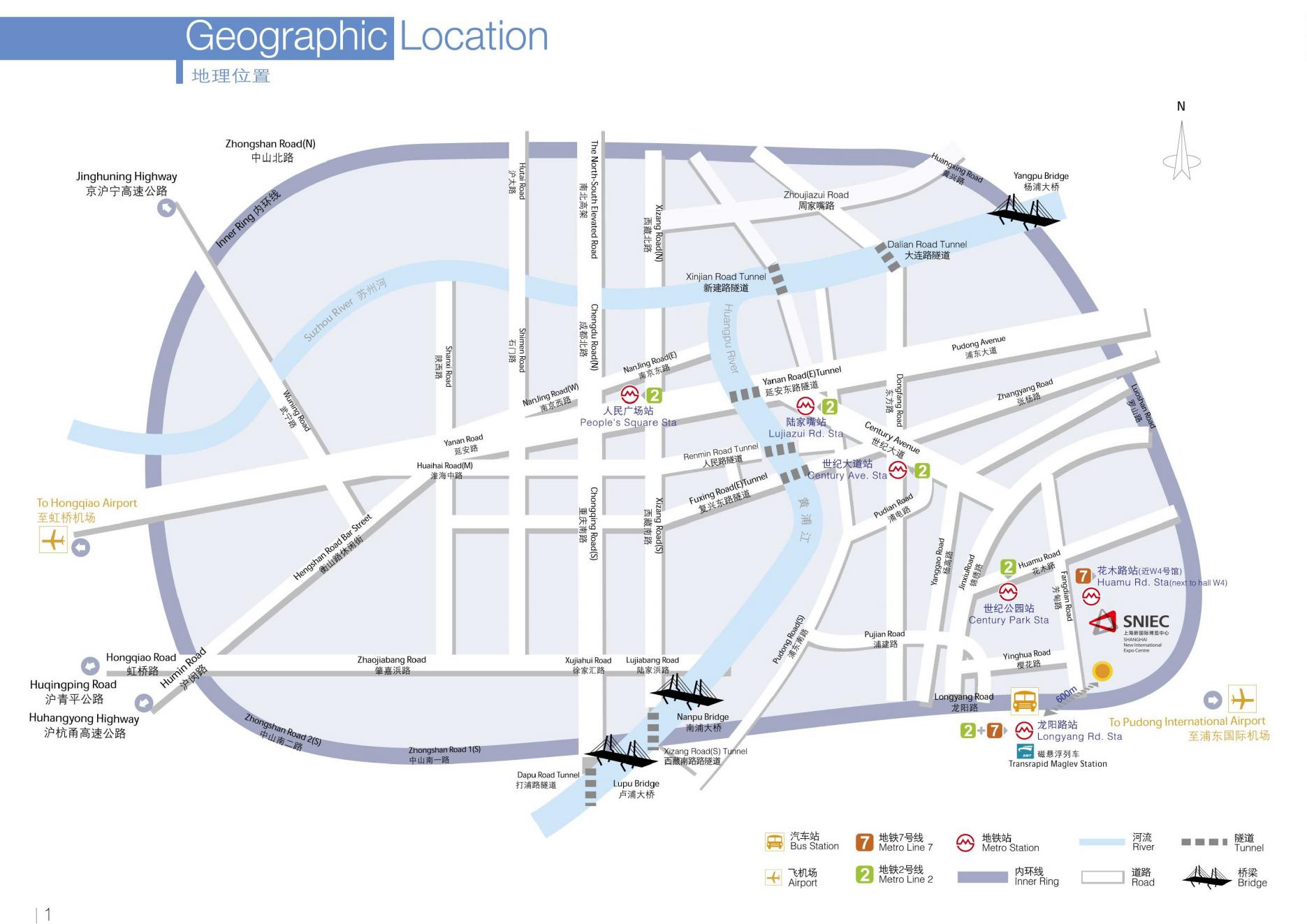In the medical field, the safe management of drugs has always been a crucial aspect. However, drug diversion, the illegal distribution or misuse of prescription drugs, has been a serious challenge for hospitals and pharmacies. Traditional medication management methods, such as manual counting and intensive documentation, are not only time-consuming and labor-intensive, but also error-prone, bringing great risks to medication management. Fortunately, with the advancement of science and technology, the emergence of radio frequency identification (RFID) technology has brought new solutions to drug management.
RFID technology identifies specific targets through wireless signals and reads relevant data. It has the advantages of fast identification speed, high accuracy, and easy operation. In the management of controlled substances in pharmacies, the application of RFID technology can significantly prevent drug diversion and simplify the management process.
According to statistics, approximately 10% of U.S. healthcare workers will divert opioids or other controlled substances from the workplace at some point in their careers. These behaviors not only violate laws and regulations, but also pose a serious threat to patients' life safety. However, traditional drug management methods often fail to effectively curb this illegal behavior. The application of RFID technology provides a new means. By installing RFID tags on drugs, the flow and location of the drugs can be tracked in real time. Once an abnormality occurs, the system can immediately issue an alarm, thus effectively preventing drug diversion.

In addition to preventing drug diversion, RFID technology can streamline controlled substance management processes in pharmacies. Traditional methods of medication management require pharmacists and pharmacy technicians to spend significant time each day performing physical counting and documentation. Not only are these tasks tedious, but they are also error-prone. The application of RFID technology can realize automated management and greatly reduce manual operations. For example, drug information can be quickly read through an RFID reader to achieve automatic counting and recording. This not only improves work efficiency but also reduces the risk of human error.
The application of RFID technology in the management of controlled substances in pharmacies has achieved remarkable results. Take Rady Children's Hospital in San Diego, California, which has implemented RFID medication management technology. This technology allows hospitals to easily locate where medication bottles were originally placed, allowing them to focus on investigating and implementing solutions to prevent future problems. In addition, AdventHealth in Orlando, Florida, also uses RFID technology to manage its controlled drugs. This technology not only helps hospitals quickly locate drugs, but also improves the safety and efficiency of drug management.
“If our controlled substances all have RFID tags and our safes and narcotic vaults are RFID enabled, we will be able to see if there is a problem without having to spend hours on it,” the pharmacy manager said. "When we can quickly determine if this is a diversion or a medication error, we can expedite the investigation. In the process, we will increase efficiency and safety."
Although RFID technology has many advantages in the management of controlled substances in pharmacies, its application still faces some challenges. For example, some pharmacies may lack adequate technical support and training to use RFID technology effectively. Therefore, in order to promote the widespread application of RFID technology in the management of controlled substances in pharmacies, it requires the joint efforts of governments, enterprises and pharmacies. The government can introduce relevant policies to support the development and promotion of RFID technology; companies can increase R&D investment to reduce the cost of RFID tags and improve their performance; pharmacies can actively introduce and train technical talents to improve the application level of RFID technology.
The application of RFID technology in the management of controlled substances in pharmacies has broad prospects and far-reaching significance. With the continuous advancement of technology and the accumulation of application experience, it is believed that RFID technology will play a more important role in the future, providing more efficient, safe and convenient solutions for drug management in pharmacies.
This paper is from Ulink Media, Shenzhen, China, the organizer of IOTE EXPO (IoT Expo in China)






